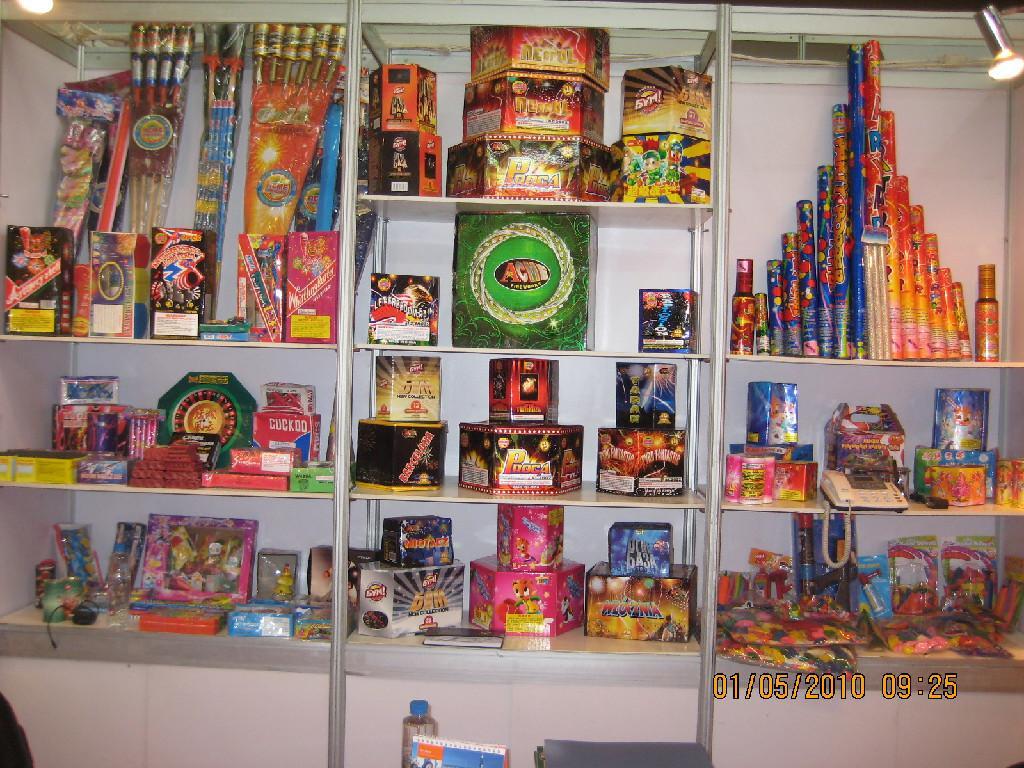Despite wide media coverage in the 1980s about starvation and drought in Ethiopia, these problems are not fixed. In Africa alone, there are thousands of people affected by HIV infection. The crisis is only made worse by drought-stricken communities that have no schools for their children, no regular sources of clean water and a poor understanding of preventative health.
These crises are also having a negative impact on the habitats of local wildlife. For example, some African communities that are close to forest areas that are home to a number of endangered animal species have taken to hunting and poaching for both food and to sell animal products, such as ivory, illegally. This not only places them at risk of prosecution, but also further erodes the boundary between human and animal populations and leads to declining species populations and extinction.
Complex Causes
The situation is complex, and there are a number of factors causing these problems, not least of all a number of self-interested and corrupt governments. Many African nations are still transitioning from a colonial period where they were exploited by Western powers, such as the French and the British, into an age where globalisation can too often mean brutal trade agreements and what amounts to indentured labour for the production of consumer goods. One only has to look at countries like Bangladesh, India and China to witness the creation of factories that hire cheap labour for the production of goods that are shipped off to places like the US, Australia and the UK, to see how a global marketplace has negatively affected the lives of millions and has created poor working conditions and equally poor pay.
In China alone, there are entire cities dedicated to the production of cheap consumer goods, where the workers are exploited for very little pay, work long hours, and live right next door to the factories. Much of this is caused by our Western demand for cheap products in plentiful supply, so that we can fill our supermarket and department store shelves. But, what if you could make a difference? What if you could, through the power of a single donation, make a life-changing difference to a one person or an entire family in a community that is stricken by poverty, drought, poor health, and education? By taking advantage of programmes such as Oxfam Unwrapped Gifts, you can do so.
Supporting Change and Affecting Lives
Programmes like the one that Oxfam manages are designed to put your money where it needs to go in the form of life changing gifts, including but not limited to:
- Farm animals like goats, ducks and chickens that help to alleviate starvation and contribute to a sustainable food production source
- A single source of clean water for a local school, so that children are not subject to water that is dirty and potentially hazardous to their health and development
- Clean and nutritious foods, like vegetables and breakfast for a family
By investing your donation where it is really needed, you help to fight health problems, drought, and scarce resources.









